
The .NET bandwagon is rolling and this may be the time to jump onboard and get up to speed on all things .NET.
There's so much to learn about .NET Standard, .NET Core, .NET Framework, Mono, and Xamarin. Plus you need to look to the future of C# and Roslyn, so you know how everything will come together with Visual Studio and Visual Studio Code.
More
Posted by Richard Seeley on 07/13/20180 comments

“In the beginner’s mind there are many possibilities, but in the expert’s there are few.”
― Shunryu Suzuki, Zen Mind, Beginner's Mind
If you’re a beginner in DevOps and you can’t figure out how to learn it on your own, don’t worry. DevOps is not about doing things on your own. It’s a team sport. Thinking of doing DevOps on your own is like thinking you could play football on your own. What are you going to do? Throw the football up in the air, run under it and catch it?
More
Posted by Richard Seeley on 06/07/20180 comments
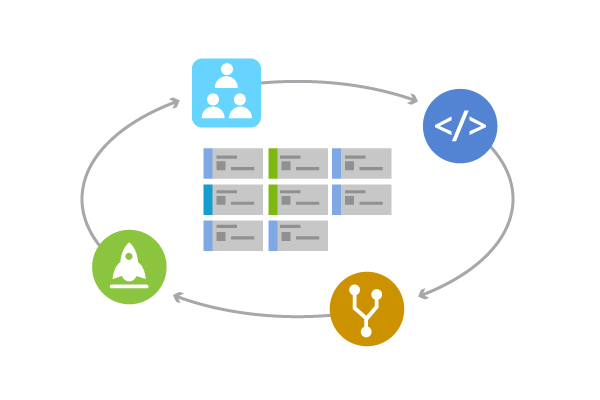
This blog started to answer the question: How do you get Agile certified?
But that turns out to be the easy question. A Google search turns up plenty of universities and training organizations willing to teach you so you can get certified for a price.
The Project Management Institute offers an Agile Certified Practitioner (ACP) certification program.
More
Posted by Richard Seeley on 05/11/20180 comments

Transitioning to Angular 2 from Angular 1 also known as AngularJS, the Google supported open-source web application framework, is not so much about upgrading as moving to something different, according to experts.
The differences between the two frameworks were explained in a Visual Studio Magazine Q&A with Ted Neward, who is director of Developer Relations at Smartsheet.com and well-known as a presenter at Visual Studio Live!.
More
Posted by Richard Seeley on 04/24/20180 comments
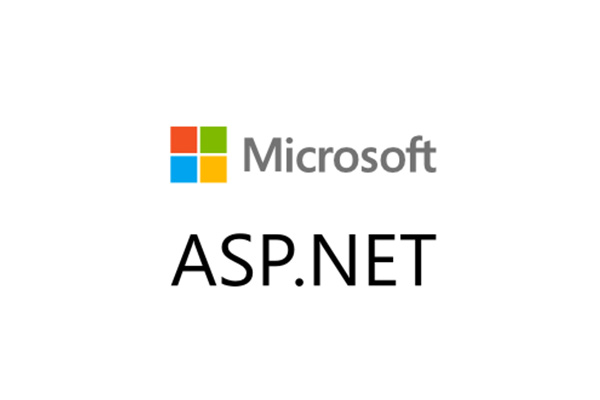
Whenever an app is running, you need to know what’s happening behind the scenes. And whenever an app crashes or otherwise has trouble, you definitely want to know what’s going on. Logging is the simple, yet critical, way to ensure your apps are doing what they’re supposed to be doing. Logging helps you detect and identify any issues.
Now that ASP.Net Core is open source, and cross-platform, building in and linking logging functions is more straightforward than ever. The logging API in ASP.Net Core supports for a whole bunch of logging providers. You can send log details to one location or several locations. You can also connect to a third-party logger. And it’s straightforward. Notice I didn’t say easy, but it’s certainly straightforward. Thankfully, as is often the case, there are several blogs ready to help out.
More
Posted by Lafe Low on 04/13/20180 comments
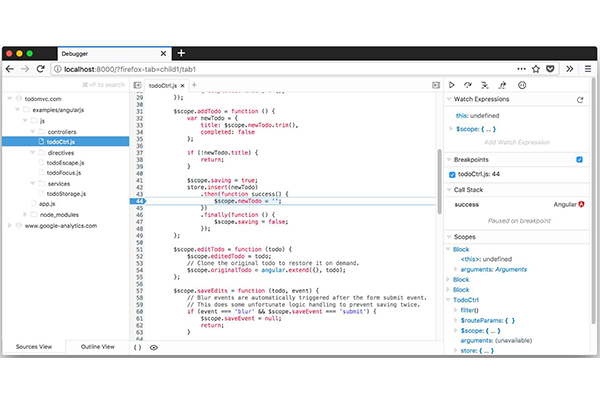
Hey there everyone, Lafe here. And once again, every month or so my fellow Visual Studio Live! blogger Rich Seeley will present a more technical approach to these blog posts. His latest post covers some of the tools out there that make debugging a bit easier for JavaScript devs.
Every JavaScript programmer would be happy to learn that debugging is being made easier.
More
Posted by Lafe Low on 03/20/20180 comments
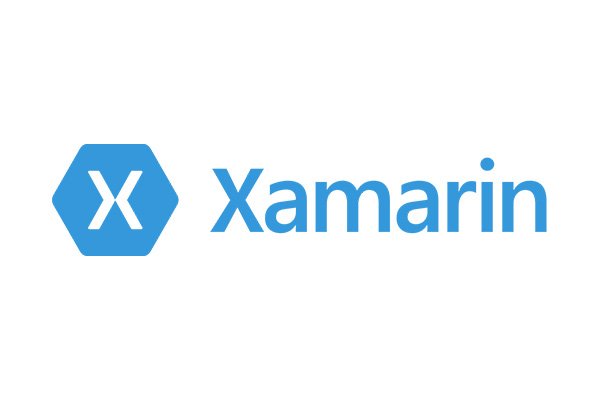
Xamarin continues to be the hot toolset for developing cross-platform mobile apps. Xamarin the company was originally founded in 2011 by the engineers who developed Mono. Microsoft swooped in and acquired Xamarin in February, 2016. Now it operates in lock-step with Visual Studio as the preferred dev environment for mobile apps.
As you would expect, Microsoft provides dazzlingly clear step-by-step tutorials on its newly acquired mobile app cross-platform development environment. “Once you've done the steps in Setup and install and Verify your Xamarin environment, this walkthrough shows you how to build a basic Xamarin app (shown below) with native UI layers. With native UI, shared code resides in a portable class library (PCL) and the individual platform projects contain the UI definitions.
More
Posted by Lafe Low on 03/15/20180 comments
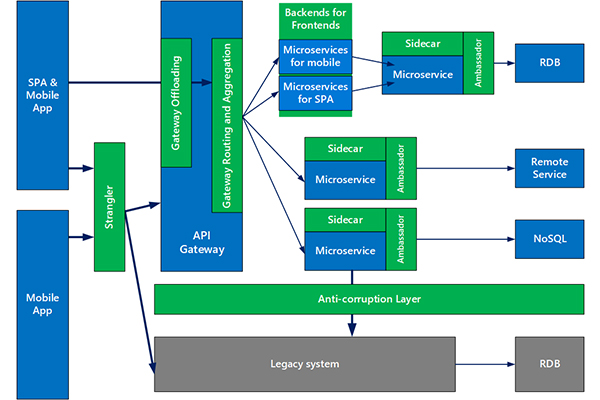
Microservices design patterns are software design patterns that generates reusable autonomous services. The goal for developers using microservices is to accelerate application releases. By using microservices, developers can deploy each individual microservice independently, if desired.
They have their strengths and drawbacks (thankfully more strengths) and there are many more examples of when they are appropriate to use than not. Here are some listings of top microservices and their use cases we found in the blog-iverse.
More
Posted by Lafe Low on 02/28/20180 comments
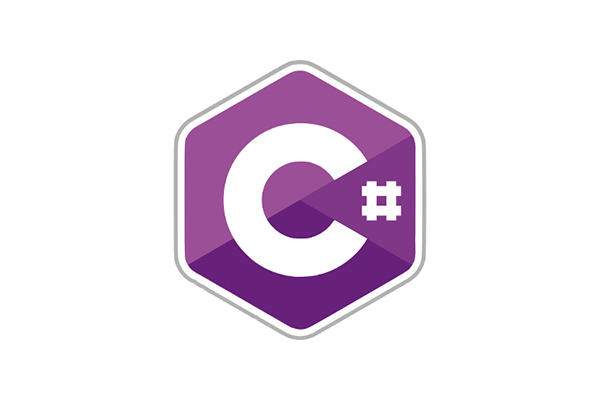
Hey there everyone, Lafe here again. And once again, every month or so my fellow Visual Studio Live! blogger Rich Seeley will present a more technical approach to these blog posts. His latest post details some of the clamoring and confusion going on around C#, most notably that C# fans are being left out in the cold when it comes to AI.
More
Posted by Lafe Low on 02/15/20180 comments
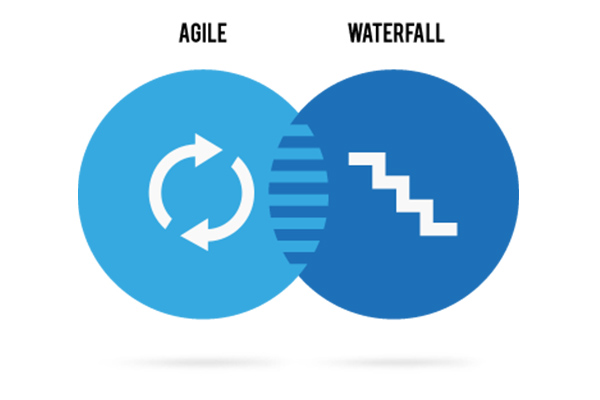
In this corner, we have waterfall. Long the champion of the sequential approach through the typical development phases such as design, development, testing, deployment, and maintenance. Developers work through each phase in order, like a "waterfall" cascading down over the rocks.
And in this corner, we have agile. Sometimes you'll see it as big Agile with a capital A, other times as little agile with a lowercase a. Agile is certainly a livelier approach, taking an adaptive and flexible role in the planning, development, delivery, and continuous updating stages. Instead of doing one phase at a time, teams work on all phases, all the time.
More
Posted by Lafe Low on 01/30/20180 comments